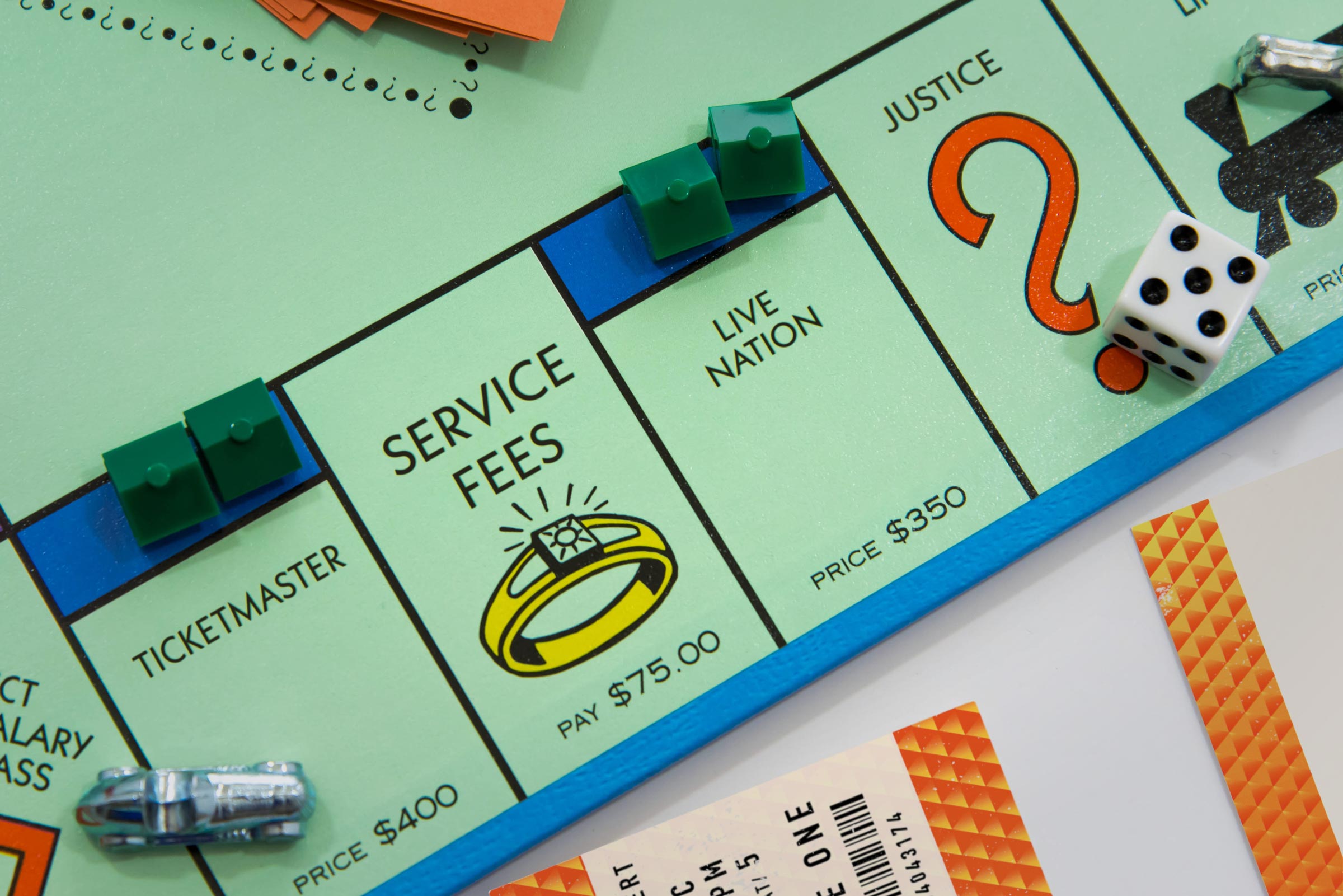In late May, the U.S. Department of Justice sued Live Nation Entertainment, the owner of the concert giant Ticketmaster, claiming the company has a monopoly on live entertainment, sending ticket prices skyrocketing and stifling competition. Washington, D.C., and 29 states have joined the Justice Department’s lawsuit.
Whether you want to see a local band play at The Southern on Charlottesville’s Downtown Mall or tried to score tickets to Taylor Swift’s “Eras” tour, chances are you dealt with Ticketmaster. The vendor sold 620 million tickets in 2023, and its parent company owns 56 of the world’s top 100 amphitheaters, according to the American Economic Liberties Project.
The lawsuit has the potential to change the way Americans experience live music, and is part of a wider effort to rein in big business.











